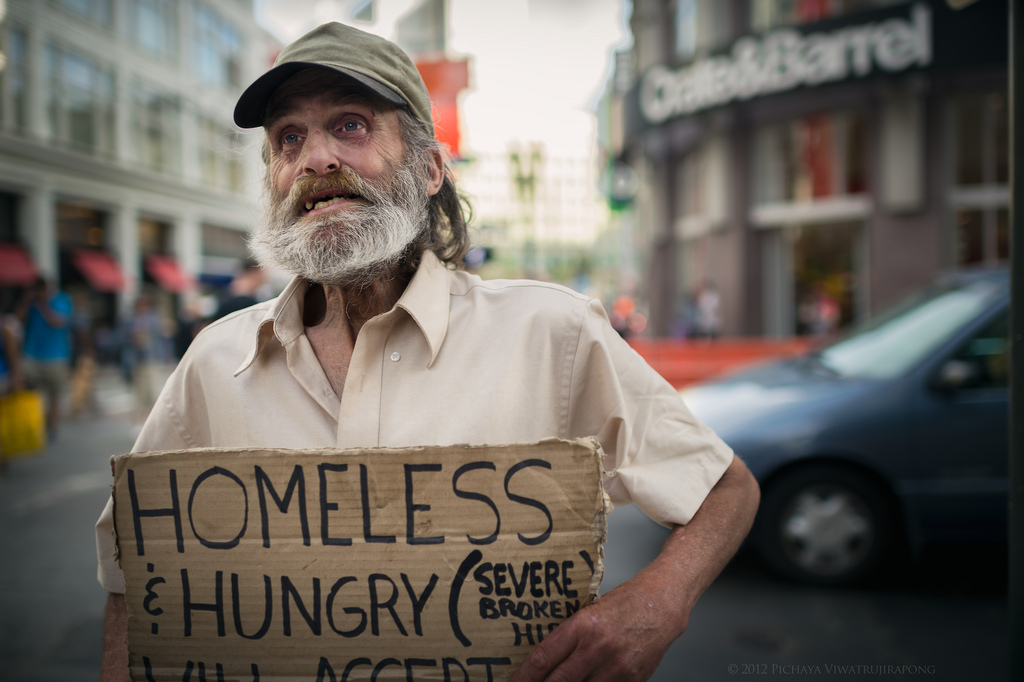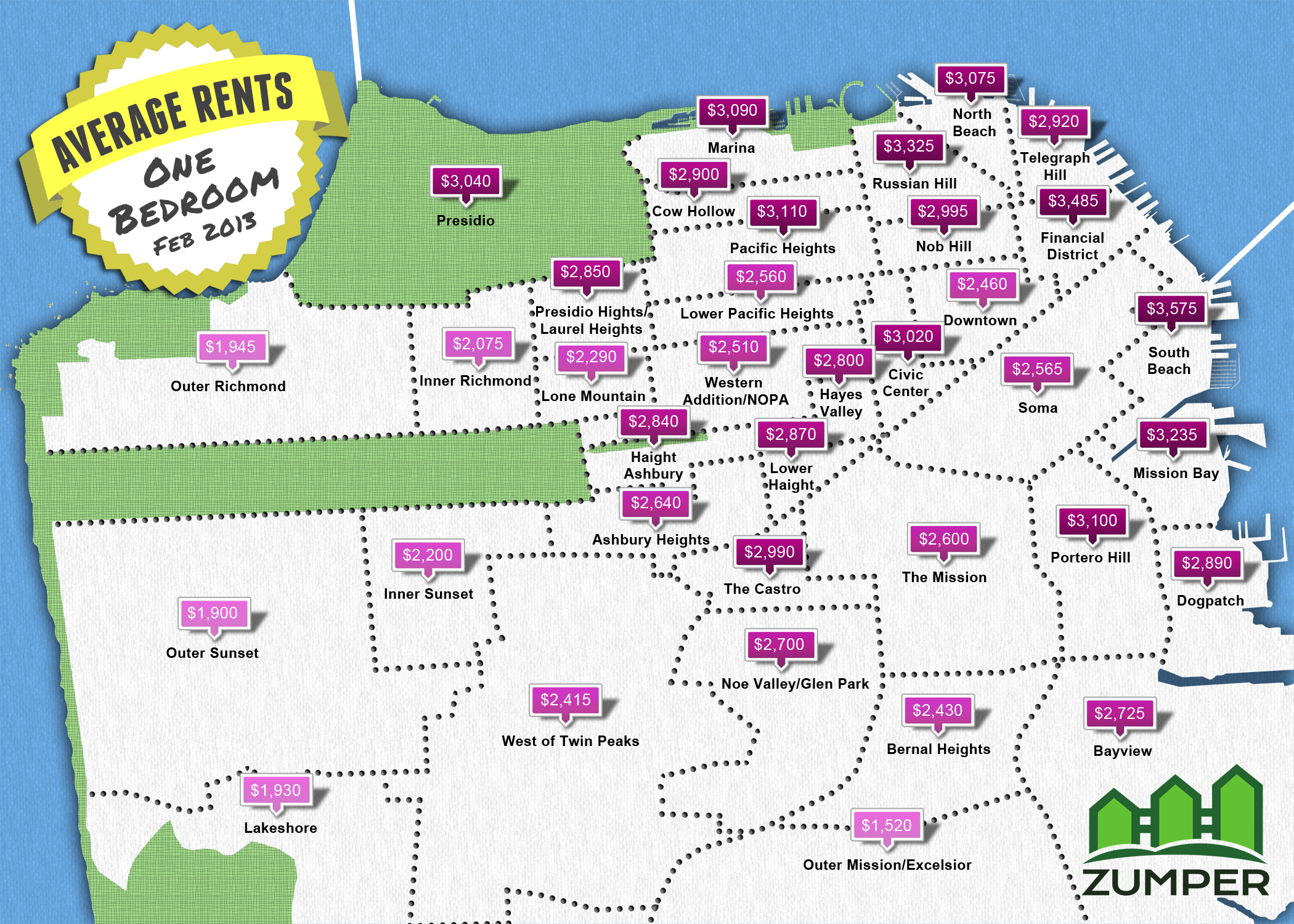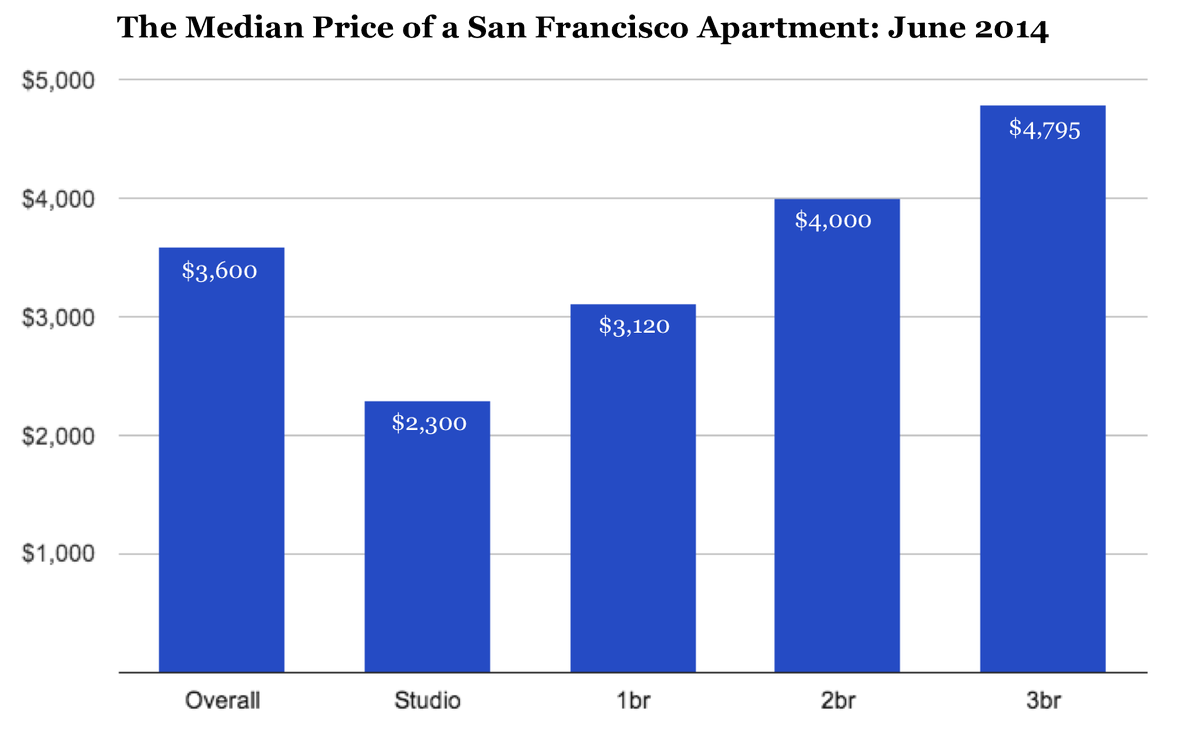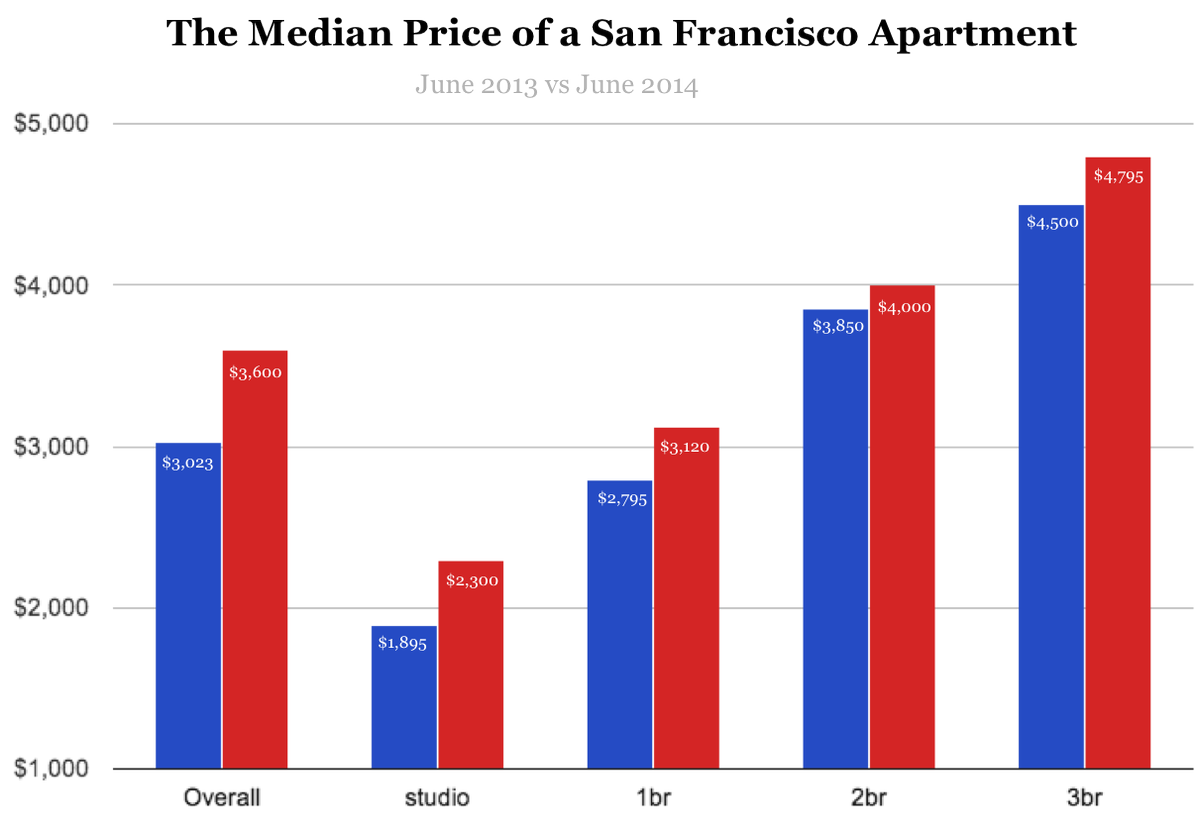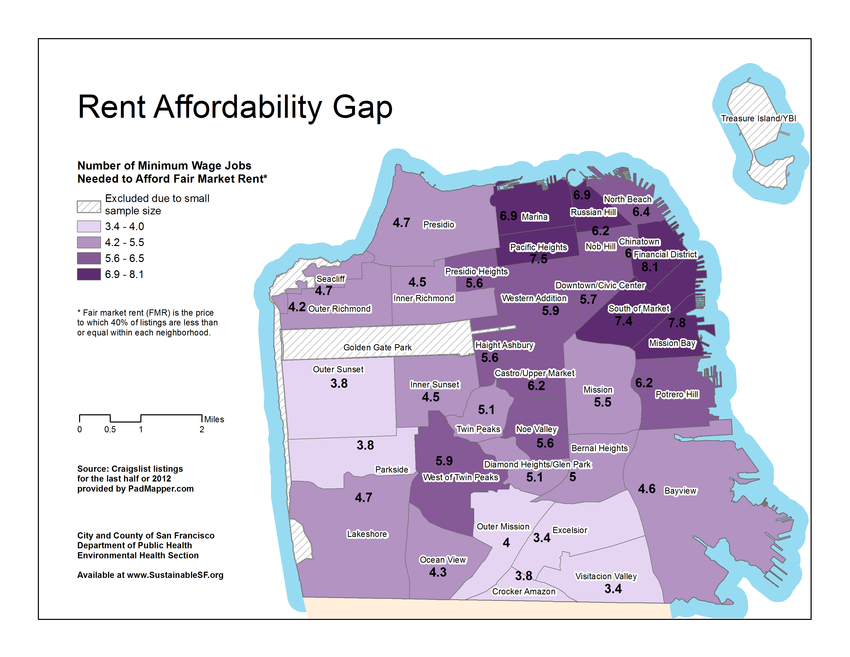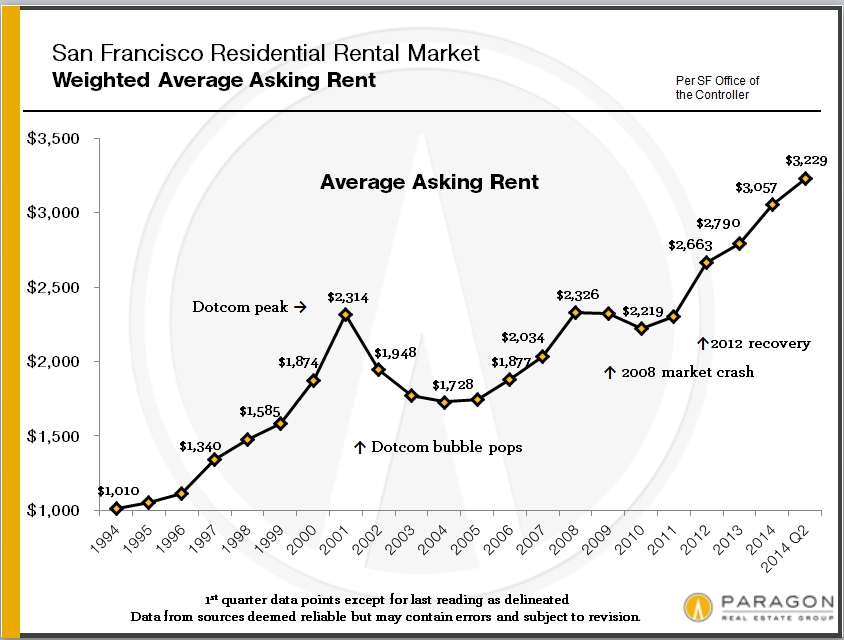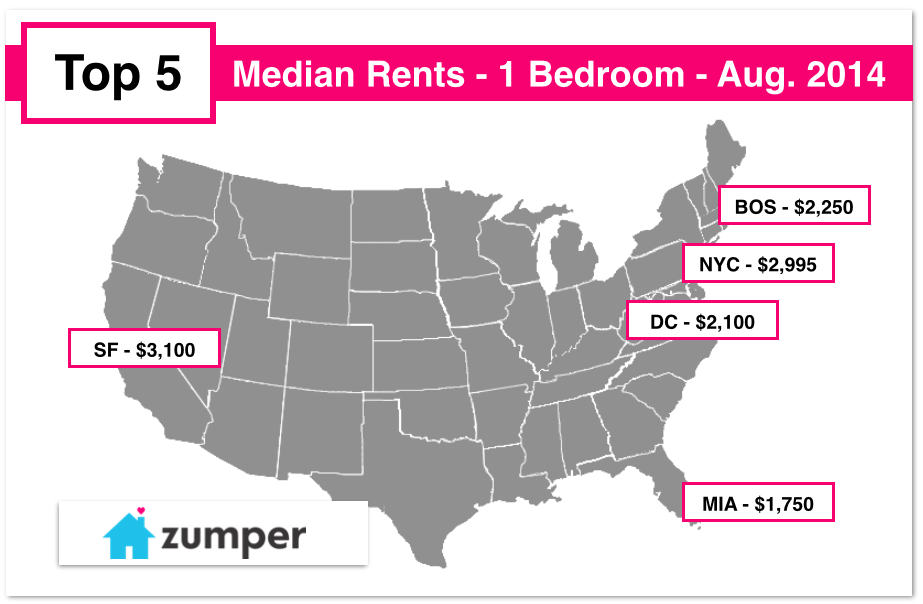
Stephen has made San Francisco’s Financial District his home. It is where he sleeps, eats when he can, and sells newspapers on a street corner daily. He is one of more than 15,000 homeless residents in the city, and for him the newspapers have become a lifeline for survival. Now, the former Army veteran who has spent the past six years on the streets is urging residents of America's most expensive city to do more to assist those in need.
“There are many of us around here who are homeless because when we came back from fighting, we couldn’t get a job, we had mental problems and there was no assistance for us anywhere,” Stephen said. And that’s when he turned to selling newspapers on the corner.
“This is how I am able to make enough money to eat on a daily basis," he said. "My home was taken, my family has no money and couldn’t help, and I ended up here on the street.”
His story, of course, is not unique – neither here nor nationwide. Across San Francisco, homeless veterans are seen on almost every downtown corner and in the neighboring Tenderloin, the district where most homeless charities and organizations exist leading to a congregation of homeless on its streets. Residents don’t like it and have called on police and city government officials to do something.
But for many San Francisco residents, "doing something" means booting out homeless residents from the city – where rents are already skyrocketing to unmanageable levels – entirely.
“It is not safe for my family, my kids, to walk around at night,” said one resident who asked not to be identified, and who works at a tech company south of the city in Silicon Valley. “How are we supposed to live in a city overrun by homeless people? Why does nobody do anything?”
But that’s where many San Franciscans fail and others do not. There is massive action taking place, for example, across the Bay Area in Oakland, including a demonstration earlier this month to increase awareness for the plight of the homeless. On Oct. 10, a group of homeless advocates and groups marched from Oscar Grant Plaza through the city in an effort to spark interest in a campaign to give back to those in need.
“We are here because it is important to show others that just because you end up on the streets doesn’t mean you don’t have rights – and it definitely doesn’t mean we all should sit silently by and allow this to continue,” said Sarah, a 27-year-old nurse who spends many of her off-hours helping local communities understand how to be part of the change.
For her, it's about mindset. If residents in the Bay Area want simply to turn away and kick people out of the city, it will do little to actually help the people who need assistance. “This is about Americans showing that they have some humanity left,” she added.
Throughout the march, disagreeing passersby shouted that the Bay Area already gives homeless people “so many benefits and money,” and that these types of demonstrations “take away from the real issues that affect the majority of people.”
Organizers dismissed those hecklers as ignorant. But across the Bay Area and especially in San Francisco, the myth about homeless benefits is growing and, in turn, helping spurn many opportunities for change as more and more residents perceive the homeless receive outsized government assistance.
City officials estimate around 63 percent of the total counted homeless have a mental illness, addiction or debilitating physical condition as opposed to 55 percent two years ago. The government also says the number of chronically homeless people in the city has dropped to 31 percent from 33 percent in 2011 – and from 62 percent in 2009, which they say shows that efforts are succeeding in assisting homeless people.
As protests for homeless benefits and assistance continue, Stephen and others hope a new proposition succeeds that would bar companies and wealthy individuals from buying properties and “flipping” them to rent at higher rates. Proposition G could be a huge test for the city and the future of what had once been America’s leading progressive city.
“We look around and even when I have a good week, I maybe only have a few hundred bucks left over, but I share it with others and we buy food and blankets because even if I saved for a few months, I wouldn’t even have enough money to rent a room somewhere," said Stephen. "And who is going to have a homeless person for a roommate anyway in this city?”
Many see the homeless situation facing San Francisco as a Catch-22: it gives more benefits and money to people in need. But without policies in place to limit skyrocketing rental prices, the cycle of poverty for the thousands on the streets will likely continue.
“That’s why we have to fight to make a difference,” Sarah said.
3 WAYS TO SHOW YOUR SUPPORT
- Log in to post comments

